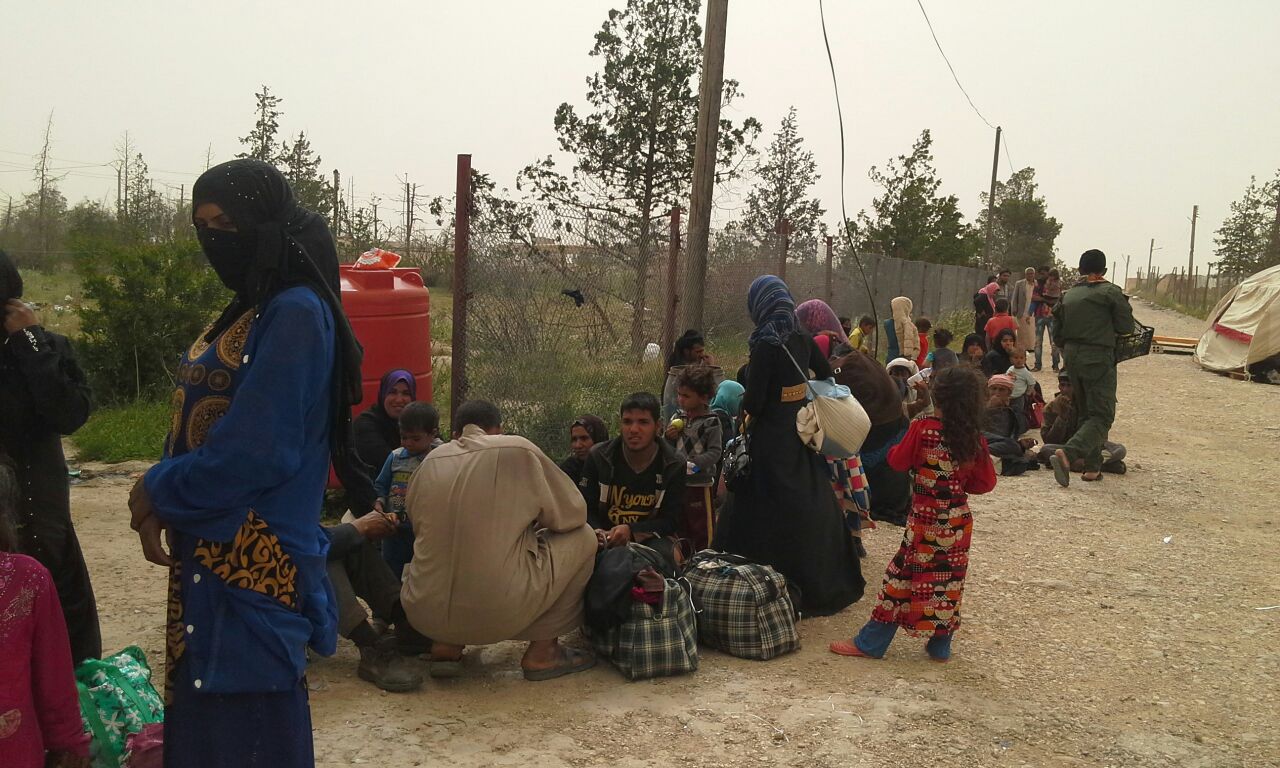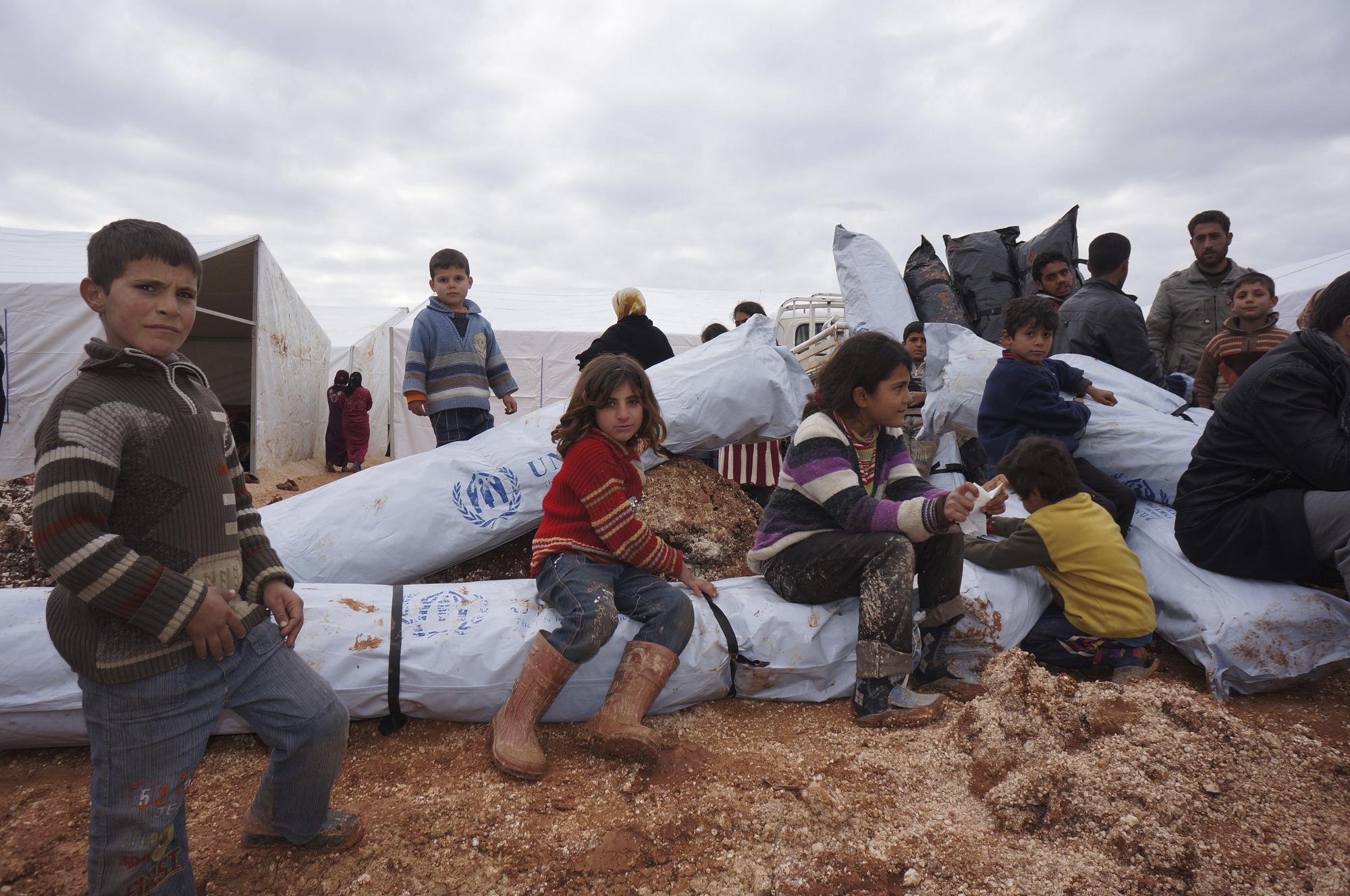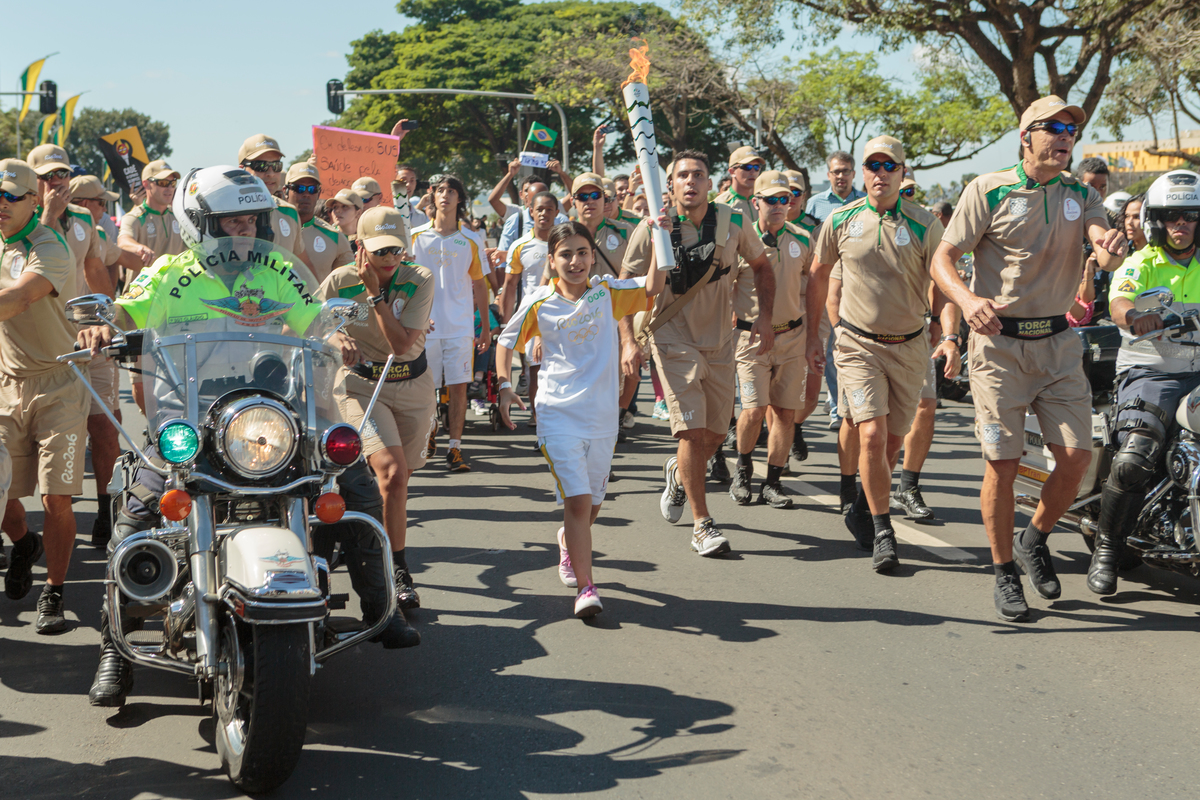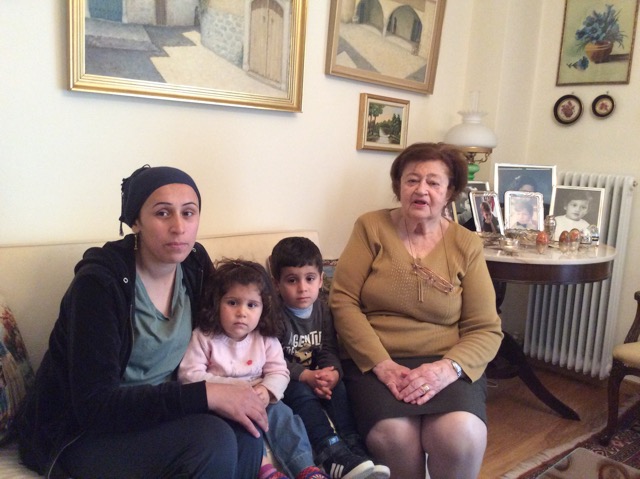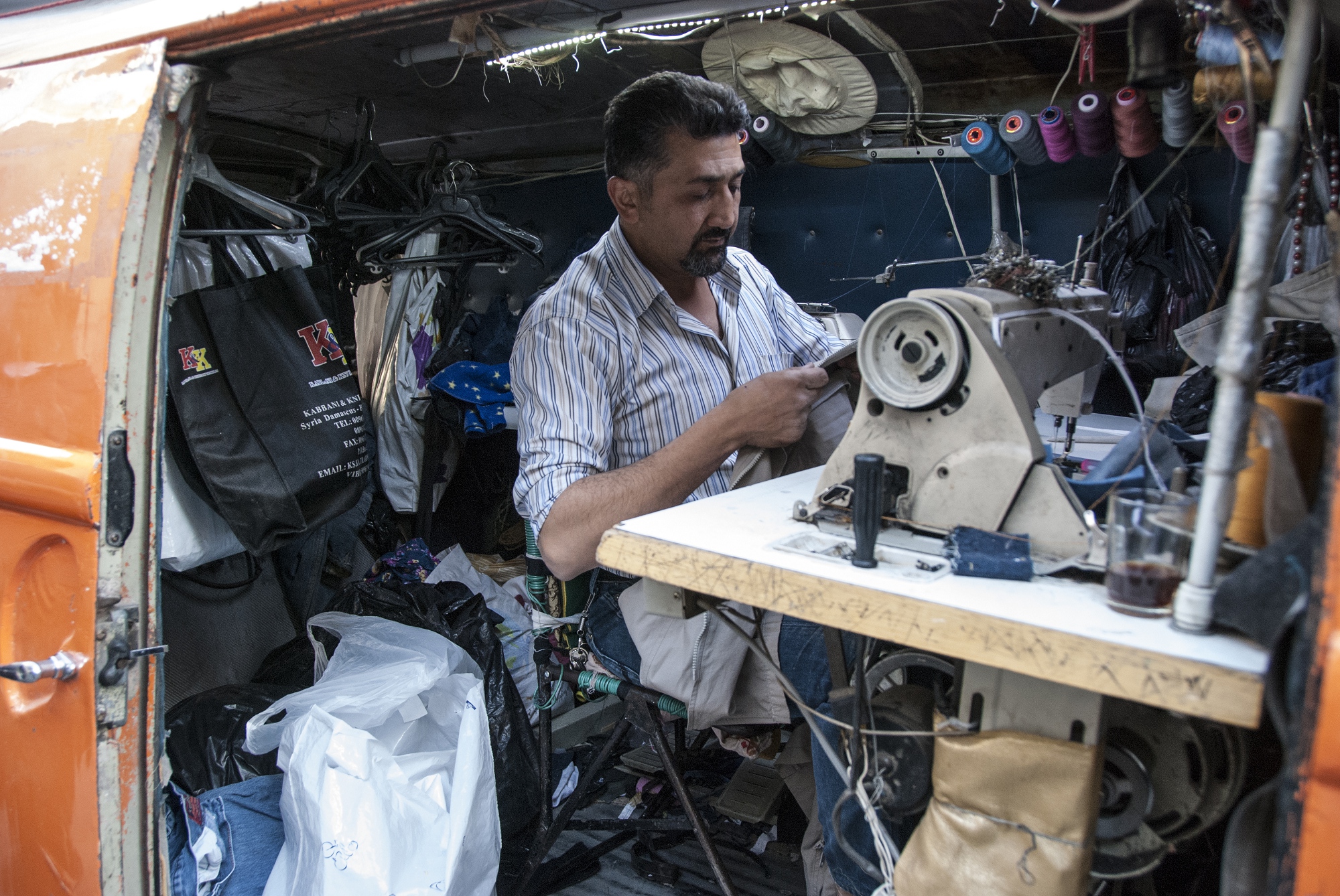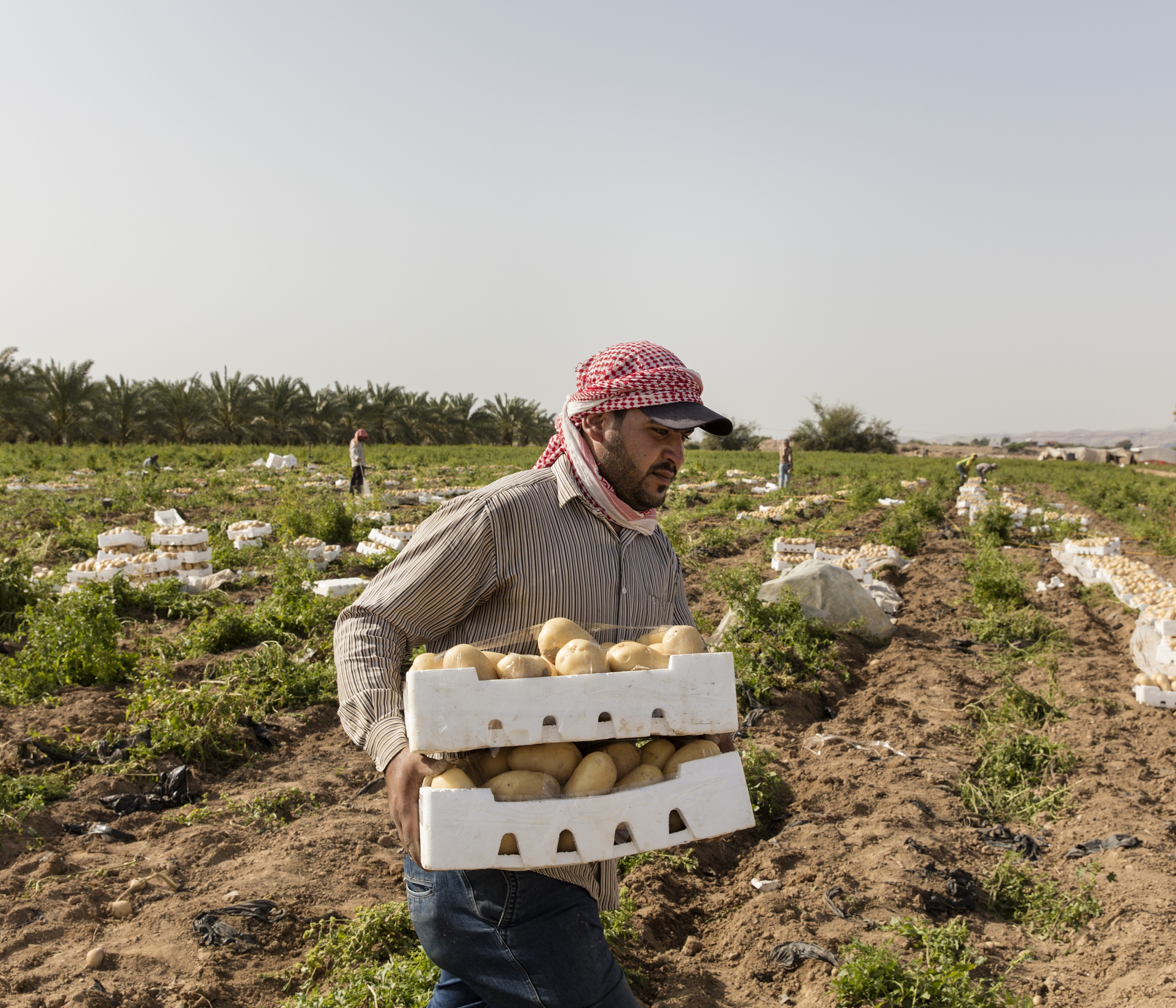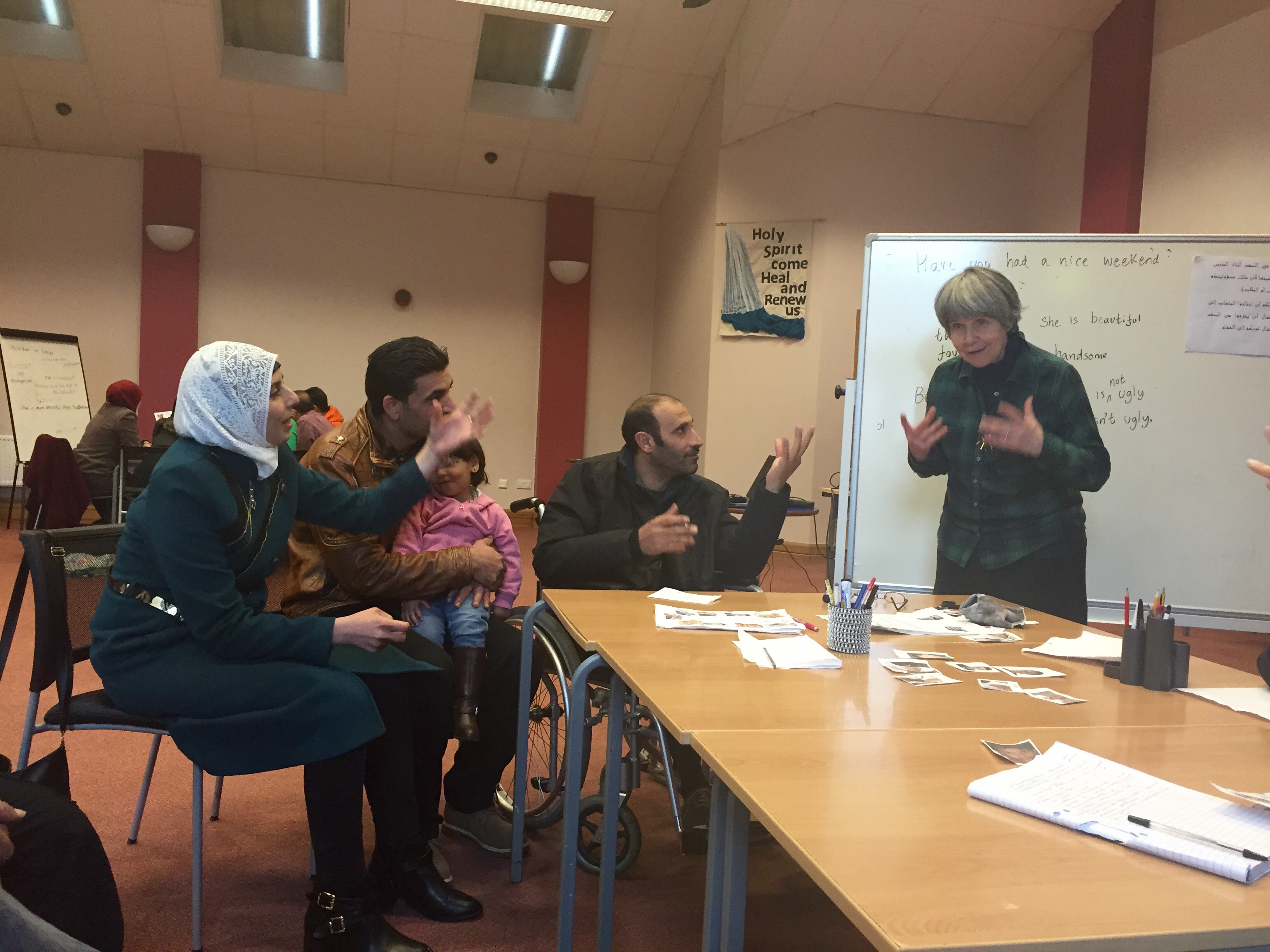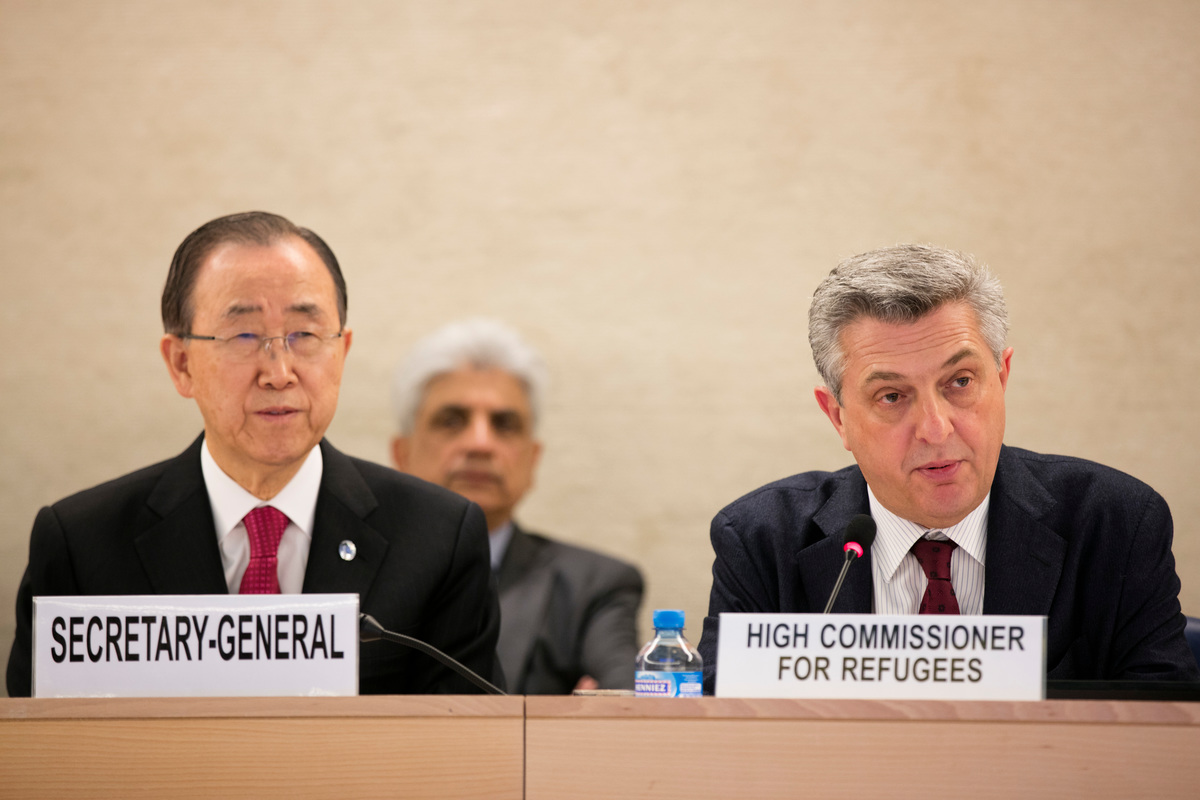Shahad once lived "the best life," now the four-year-old Syrian girl needs help
Shahad once lived "the best life," now the four-year-old Syrian girl needs help

BEIRUT, Lebanon, June 7 (UNHCR) - Four-year-old Shahad, whose name means "the sweetest part of the honey," was born in a village near the city of Hama in western Syria. Her father, Yehia, is a farmer who raised wheat and barley. Before the war, the family had, he recalls, "the best life."
But last September, fighting levelled their three-storey family home. Shahad's 10-year-old brother, Jasim, and baby sister, Aya, who was not yet two, were killed, along with five other family members. Rescuers pulled Shahad from the rubble, her face lacerated and silky curls torn from her skull.
The family rushed her to a local clinic, where an overworked medic put in stitches and hastily sent the family on their way. There was no time, Yehia says, even to properly clean the wound. The whole family fled for the border. On the way, they were stopped at dozens of checkpoints, where they feared being detained and imprisoned. Seventeen hours later, after midnight, they arrived in Lebanon with nothing but a suitcase.
Shahad is among more than 1.6 million Syrians, about half of them children, who have been forced from their homes into neighbouring countries by the two-year civil war. By the end of 2013, if fighting continues, the number of refugees from the Syrian conflict is forecast to reach a staggering 3.45 million.
Inside and outside the country, about half of the country's population could be in need of aid by year's end. Earlier today in Geneva, to meet that need, the UN launched the biggest humanitarian appeal in history. The aim is to raise billions of dollars in supplementary funds to provide life-saving assistance to people like Shahad.
The aid is already targeting the most vulnerable, including the estimated 75 per cent of the total who, like Shahad's family, are not living in camps but in urban areas. Battered infrastructure and overburdened host communities in neighbouring countries mean that refugee families like Shahad's face an uncertain future. Hundreds of thousands have survived on their savings. Now they are running out of ways to cope on their own. If more assistance from the UN and its partners isn't found, these survivors could increasingly fall prey to exploitation, hunger and disease.
In neighbouring Lebanon, Shahad and her family have managed to escape the war. But their life is a long way from normal. They are living in a half-constructed university building in the southern city of Sidon. They share the building with more than 650 other refugees.
The family registered with UNHCR last year and received, as a result, basic supplies such as mattresses, blankets, cooking utensils and hygiene items. Aid agencies have provided electricity to the building, installed outdoor latrines and ensured drinking water. Refugees are receiving food vouchers as well.
But the family faces severe challenges. Yehia is trying to find work as a day labourer to earn extra money to buy food, but jobs are few. Every morning Yehia rises at five to stand by the side of the road hoping to get chosen for a day's manual work, worth the equivalent of US$10. He says he sometimes goes without meals so his two surviving children can eat.
He wants to send Shahad's older sister to school but can't afford the transport (the Lebanese government, with UNHCR support, will pay tuition). He was recently joined by his father, who has diabetes and a heart condition, a brother, who is recovering from a shrapnel wound to his leg, and his sister, whose husband and son-in-law were both killed. They all depend on him. His wife, Fatima, speaks little and is still grieving for the loss of her children.
Shahad and her sister Raghad, aged six, suffer from nightmares. If the war continues, and what little assistance the family is receiving runs out, Yehia says he does not know how the family will survive. He worries about the effect the war is having on his children's future. "They have seen war," he says sadly. "They have seen… everything." Yehia, like many fathers, is doing what he can to keep the surviving members of his family alive. But he will not be able to do it alone.
By Andrew Purvis in Beirut, Lebanon


